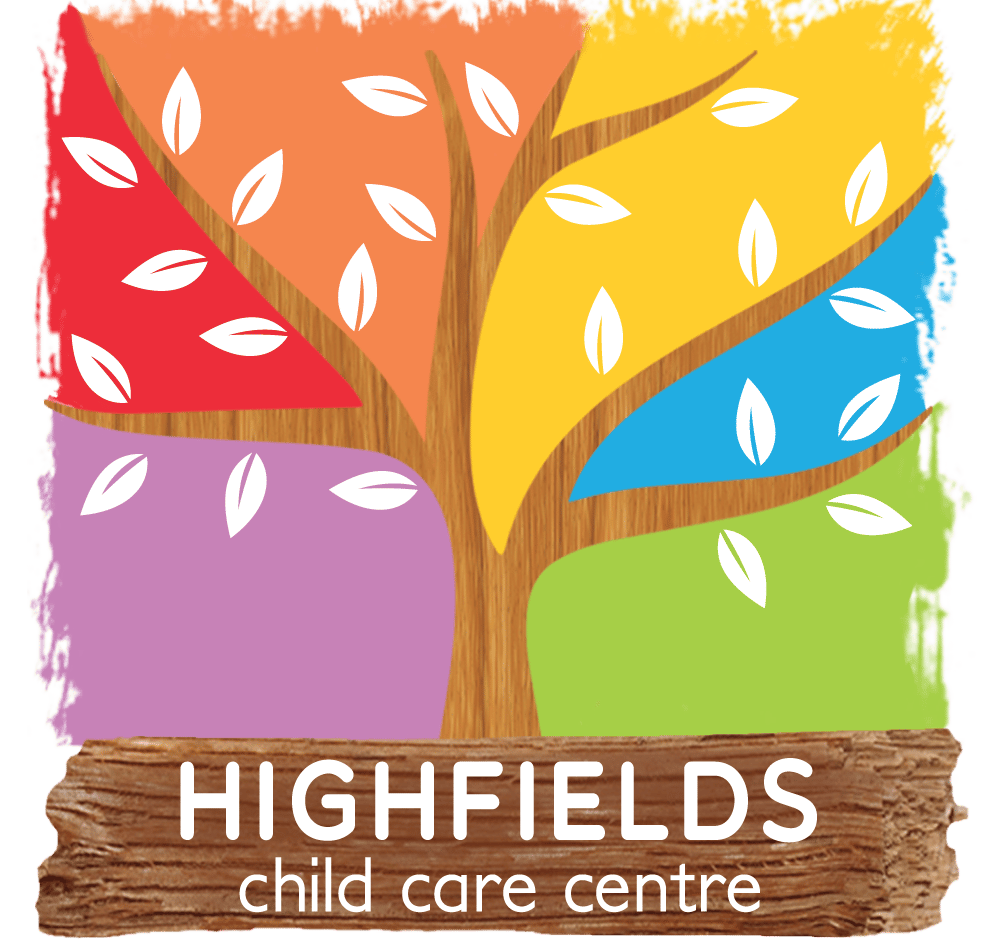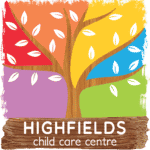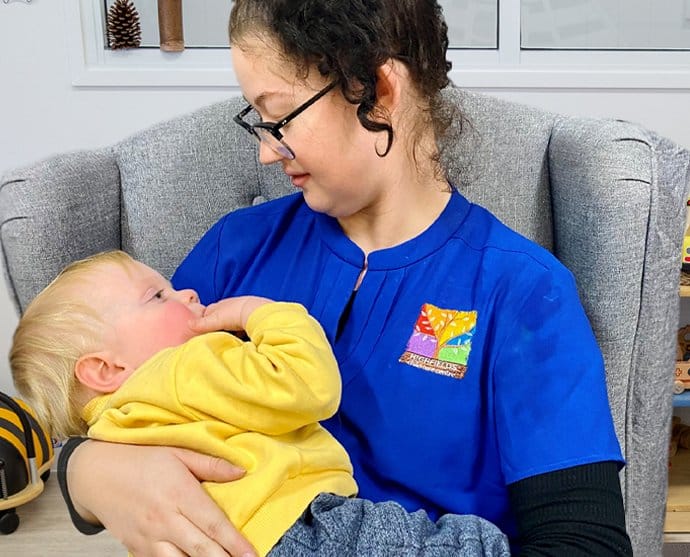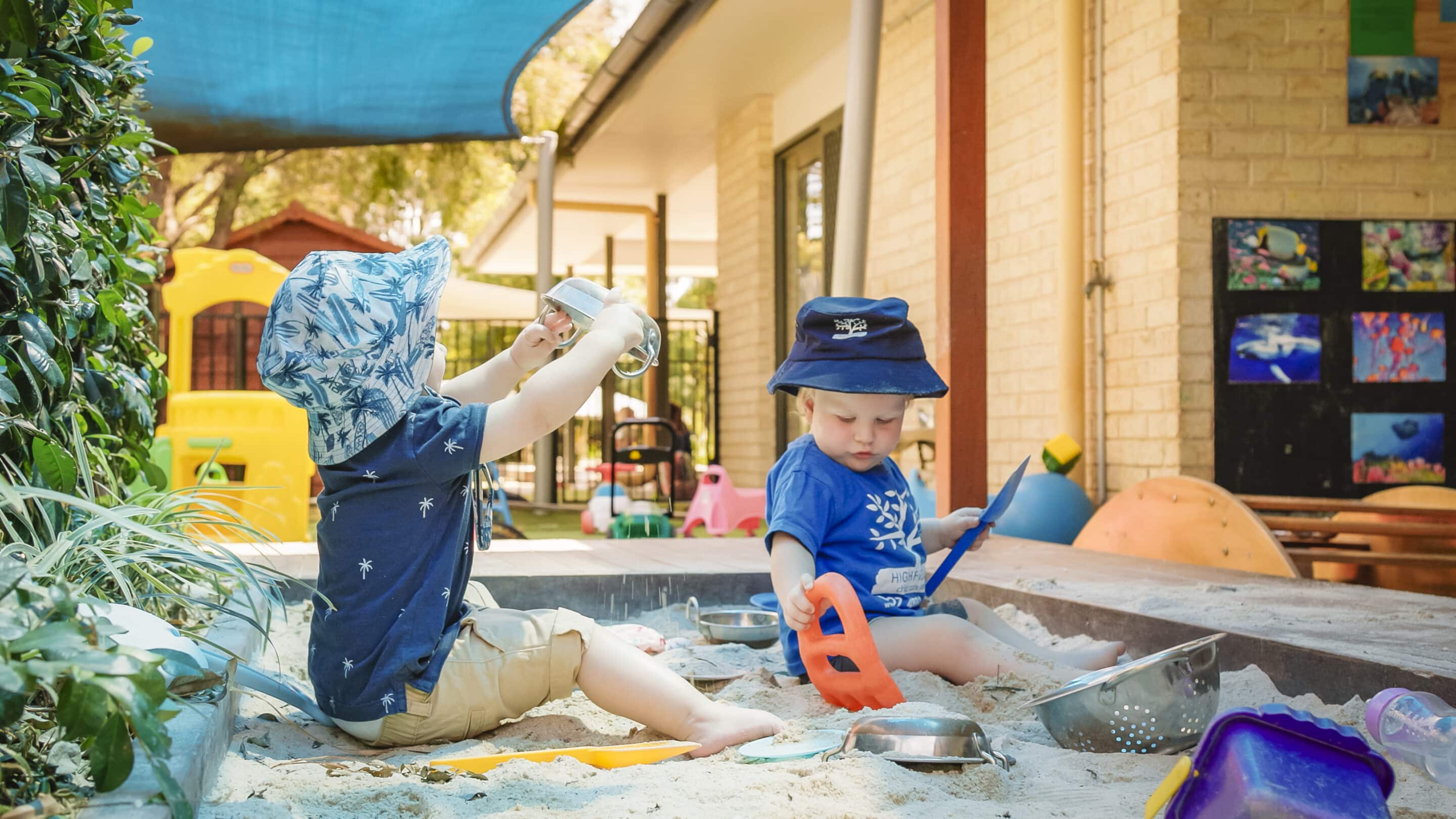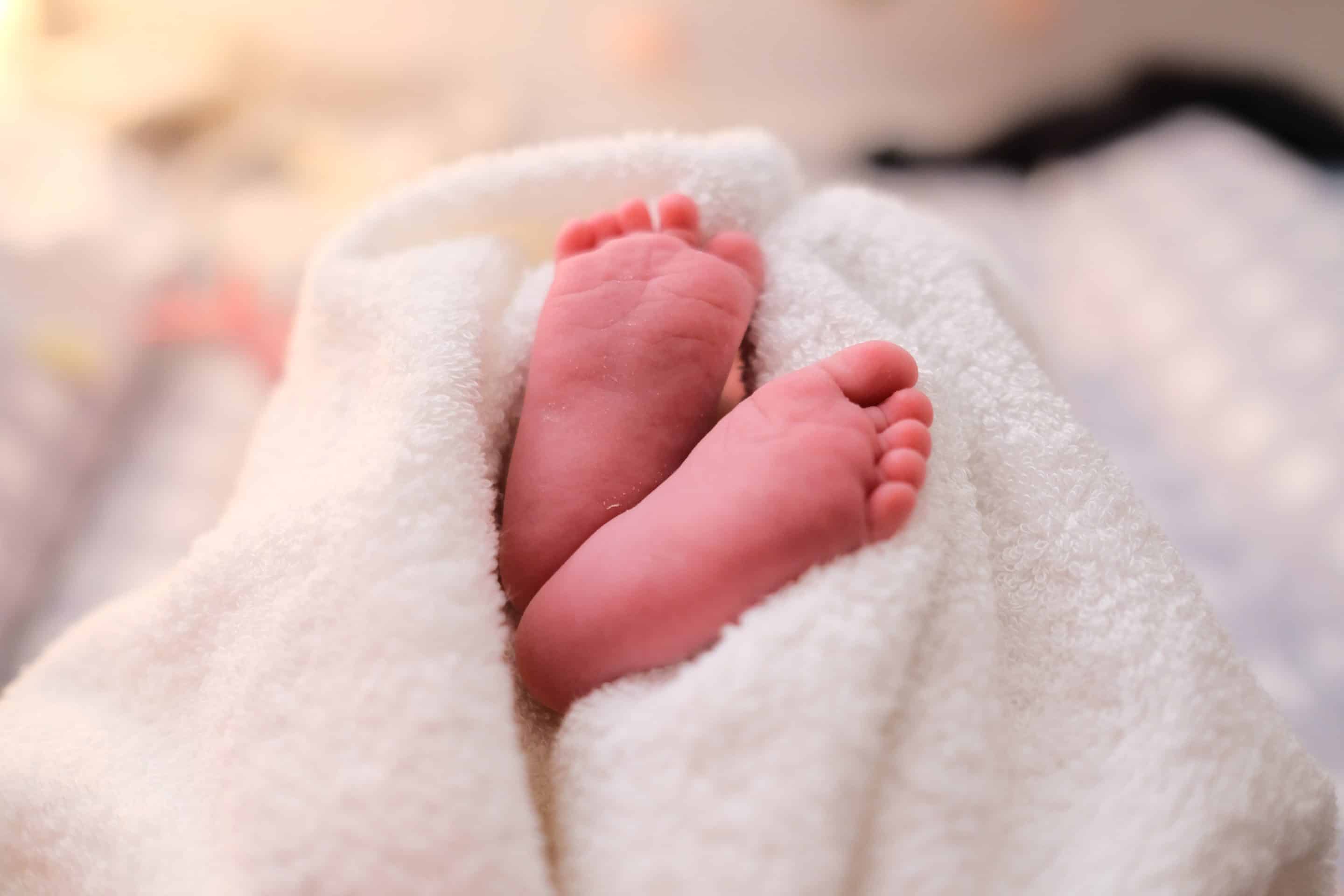According to the World Health Organization, two fundamental attributes determine a parent’s ability to provide effective care: sensitivity and responsiveness to their child. The number one way to ensure healthy development and a secure attachment is to identify and respond to the baby’s needs. You can learn to recognise and understand their cues, adapting to provide them with what they need.
Babies are communicating with you from the day they are born. During the first few months, you might find baby communicating with you through crying (with different cries for different needs), squealing, cooing, making eye contact, smiling and grimacing, and through body movements, like kicking their legs in excitement.
You can observe a baby’s cues and alter your touch, eye contact and voice to suit your responses to them, much like having a ‘conversation’ with your baby. Researchers have coined the term ‘serve and return’ to describe these interactions with a baby and believe they are essential in forming the basis of brain, cognitive and social development.
Here are a few ways to strengthen your bond with bub in the weeks and months after birth:
1. Cuddles & healthy touch
Simply being with your baby and cuddling them, you are letting them know they are safe and secure. These are some of the most important ways to bond with a newborn. Babies aren’t neurologically developed to cry for attention. They are crying as they need your support and sense of security. Cuddle your baby all you like – it will only help them in the long run.
Touch is a very important part of a baby’s development. It has been found to help regulate their breathing and heart rate and promotes healthy weight gain. Healthy touch also plays a role in social and cognitive growth. You can experiment with cuddles and healthy touch during those everyday moments – bath time, nappy changes, bedtime, feeding and floor time. It can be as simple as a small massage on the legs or gentle stroking down the back to enhance your bond – it will also give both of you a rush of oxytocin, the ‘love’ hormone!
2. Eye contact
Research shows that eye contact is essential for building maternal-child attachment and for their social and emotional development. It is important to offer infants lots of eye contact. But try not to worry if they can only hold your gaze for a few moments. As they continue to grow and develop their skills, they will be able to maintain and use eye contact more and more frequently.
It can be incredibly daunting for babies if adults are always standing up and walking around them. Our Educators spend a lot of time at their level to build strong relationships, helping them feel secure and safe in their environment.
3. Talk, sing & tell stories
We all subconsciously use infant-directed speech (IDS) with babies – the sing-song voice with a higher pitch and longer vowels than usual. But we do it for a reason! It aids in language acquisition and aids babies in developing attention and focus, and social development.
Studies have also discovered that singing to infants is soothing, helping them sleep through the night, reduce crying, increase bonding and reduce maternal stress levels. A clinical trial found that premature infants in an intensive care unit had significant benefits when exposed to lullabies: improved respiratory and heart rates, better sleep, better feeding patterns, and improved weight gain.
Babies love when you talk and sing to them! It is a beautiful experience to lay outside with your baby, watch the wind blow, and talk about what you see and hear. This allows them to be soothed by your voice, giving them the confidence to explore and interact with the natural environment around them.
When to ask for help
It is important to remember that you are not alone if you don’t feel a strong bond straight away with your baby. The most important thing is to have someone to confide in and seek their support, sooner rather than later – early intervention is best.
Your friends and family, midwives, maternal, child and family health nurses or your GP can be a great support to you through these early stages. Beyond Blue also has various online resources for both expectant and new parents, including a guide to emotional health and wellbeing and a two-minute mental health checklist to help you understand how you are feeling. Our team at Highfields Child Care Centre are always available for a chat about any concerns you may have.
